GLOW 2021
Games and Social Impact Media Research Lab Conference
The 1st Games and Social Impact Media Research Lab Conference (GLOW2021) on October 22, 2021 is organized by GLOW Lab. The conference will be hosted by Lusófona University as a joint initiative between the CICANT and HEI-Lab research centers. Considering the current pandemic context, the conference will adopt an online format.
The potential of games for social impact and inclusion is vast and ever-evolving. The Games and Social Impact Media Research Lab (GLOW) was created at Lusófona University to research, discover, and foster links between games studies in academia and civil society through educational and knowledge exchanges. GLOW’s main research interests are the social impact of games and play and how this impact can be transformed and advanced. A number of social groups continue to be underrepresented in the games industry’s priorities, and design knowledge needs to expand in relation to these groups and their specificities. GLOW is meant to advance existing research in the relationship between games and social outcomes, strengthening the sharing and production of new data evidence, new methodologies, and approaches in the field.
The GLOW2021 conference is a way of introducing GLOW and its initiatives and projects to academics and non-academics alike across games-related fields, as well as creating a space for discussion and knowledge transfers on the social impacts of playable media. GLOW2021 conference is accepting abstract proposals pertaining to topics related to the social impact of games, including but limited to:
– The potential social impact(s) of play and games;
– Games as a tool for social inclusion;
– Games as tools or strategies to foster change;
– Game-based learning;
– Inclusiveness and representation in the games industry;
– Games motor and cognitive accessibility;
– Empowerment in and through games;
– Reflections on inclusion and exclusion in games;
– Bridging the gap between games industry and academia;
– Serious applications for commercial games;
– Novel spaces and contexts for play;
– Playable Narratives and Immersive Media.
In addition to abstracts for scientific papers and presentations on the part of academics, GLOW2021 also welcomes presentations from game developers working on specific games or projects broadly aimed towards making and difference in driving social change, addressing societal challenges, improving people's lives, and fostering learning.
GLOW2021 accepts abstracts in the following categories:
– Research Papers
– Demo Presentations
– Poster presentations
Abstracts (500 words and 5 keywords maximum) must be submitted until July 31, 2021. The text must be in English and sent to glow@ulusofona.pt.
Abstract acceptance notification will be sent before September 1, 2021
Conference proceedings will be published in an open-access publication with an associated ISSN. Best abstracts will be invited to submit full papers for Lusófona University’s International Journal of Film and Media Arts (IJFMA) and International Journal of Games and Social Impact (IJGSI).
Submit your abstract via Easychair
>>> conference proceedings (pdf file)
Important Dates
July 31, 2021 – Deadline for:
- Papers abstract submission
- Demo abstract submission
- Poster abstract submission
September 1, 2021: Notification of Acceptance
September 15, 2021: Deadline for Author Registration
October 22, 2021: GLOW2021 Conference
Chairs
– Carla Sousa (Lusófona University)
– Micaela Fonseca (Lusófona University)
Scientific Commitee
– André Carita (Lusofona University)
– Assimina Brouzou (Challedu / GR)
– Conceição Costa (Lusófona University)
– Fábio Dias (Lusófona University)
– Fausto Mourato (Instituto Politécnico de Setúbal)
– Filipe Costa Luz (Lusófona University)
– Ianis Brouzou (Challedu / GR)
– Ivan Barroso (Lusófona University)
– Jacopo Wassermann (Lusófona University)
– João Alves de Sousa (Lusófona University)
– Jorge Oliveira (Lusófona University)
– José Neves (Lusófona University)
– José Penalva (Independent Consultant)
– Marco Silva (Lusófona University)
– Micael Sousa (University of Coimbra)
– Nuno Fachada (Lusófona University)
– Pedro Gamito (Lusófona University)
– Pedro Neves (Lusófona University)
– Pedro Serrazina (Lusófona University)
– Phil Lopes (Lusófona University)
– Sara Hasani Darabadi (London South Bank University)
– Yama Abdullahi (London South Bank University)

